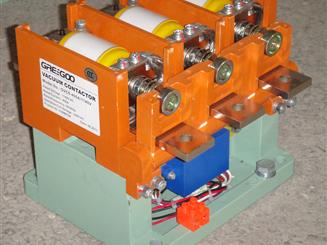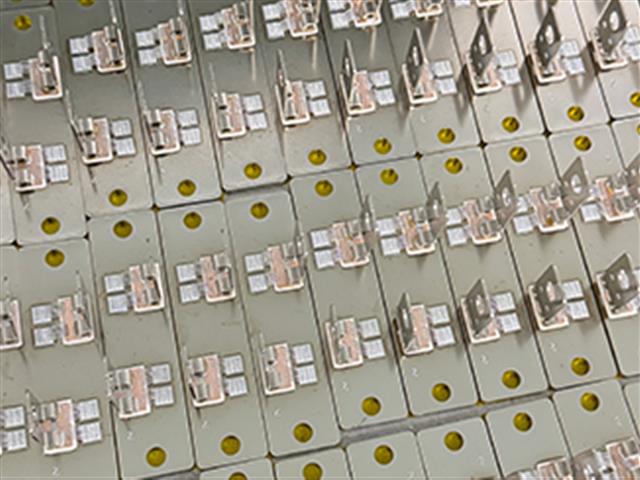Greegoo's motor reversing solid state relays introduction
A motor reversing solid-state relay (SSR) is an electrical switching device used to control the direction of rotation of an electric motor. It is specifically designed for applications where you need to reverse the direction of a motor's operation, such as in machinery, conveyor systems, and industrial equipment.
| Here are some key features and functions of a motor reversing SSR:
|
DC Motor Reversing Solid State Relays |
|
Three phase Motor Reversing SSR Relays |
Motor reversing SSRs are commonly used in various industrial and automation settings where precise control over motor direction is required. They can be controlled by low-voltage signals (such as from a microcontroller or PLC) and provide a high-voltage switching capability for the motor. These devices contribute to smoother and more efficient operation in applications where motor direction changes are frequent or need to be controlled accurately.

What is the purpose of a vacuum contactor?
In summary, the purpose of vacuum contactors is to provide precise and reliable control over electrical power in various applications. Their ability to handle high currents, suppress arcing, and facilitate frequent switching makes them essential components in industrial, commercial, and transportation systems where efficient and controlled power distribution is critical.
Read More
Advantages of Low Voltage Drop DC Solid-State Relays - Heatsink is not required
Low voltage drop DC solid-state relays offer significant advantages in terms of efficiency, low heat generation, and high reliability, making them particularly suitable for applications requiring high efficiency and low energy consumption.
Read More
Vacuum Contactor vs. AC Contactor, What is the Differences?
Vacuum contactors provide superior durability and low maintenance for high-voltage systems, while AC contactors are cost-effective and versatile for lower-voltage needs.
Read More
Exploring the Smartguard Solid State Relay: A Game-Changer for Industrial Automation
Is the Intelligent SSR Right for You? Diagnostics, RS485, Modbus communication, Intelligent detection SSR, LED display.
Read More















